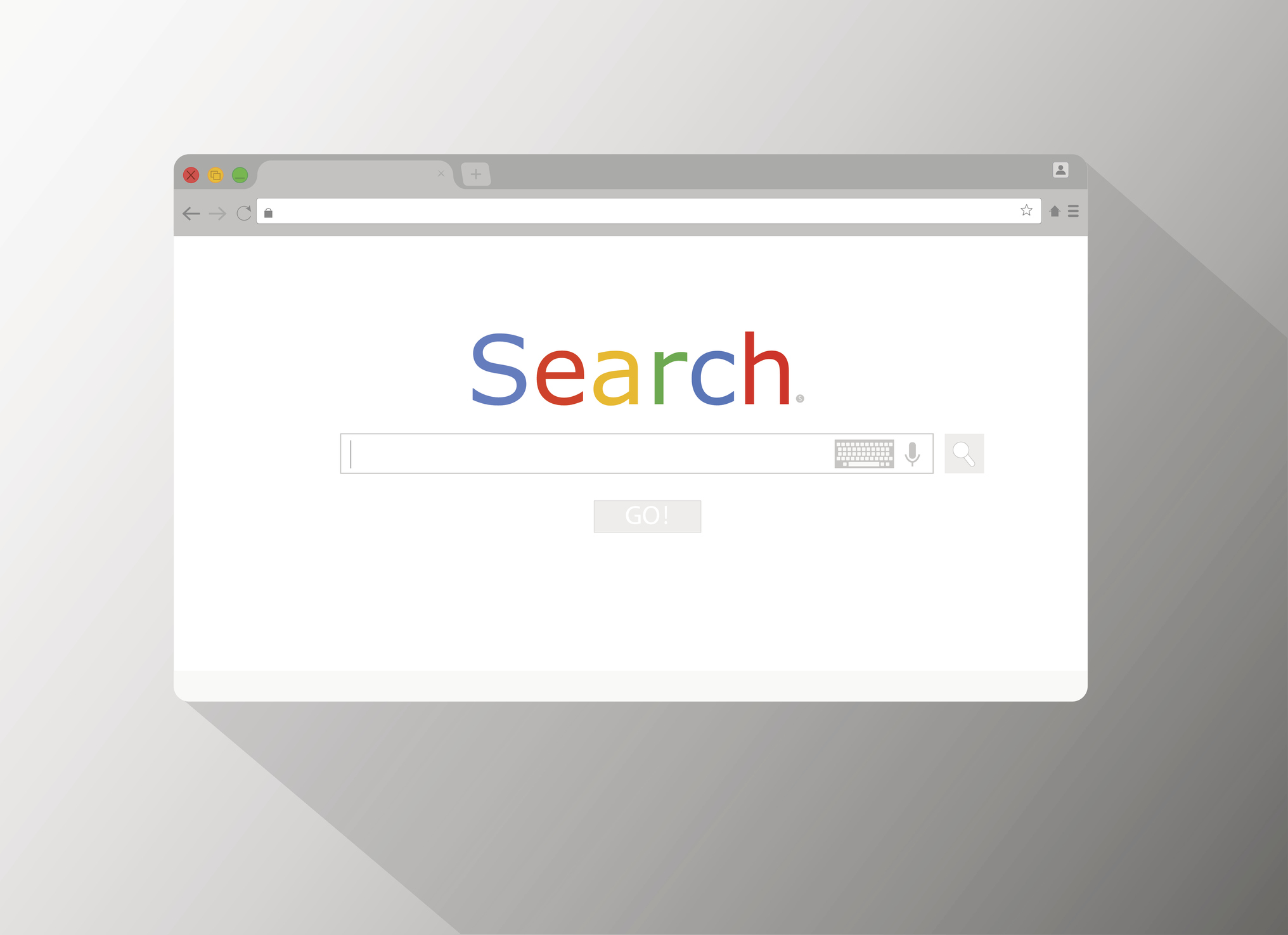If you’re among those who feel a twinge here or a cramp there and your first inclination is to consult Dr. Google, you might be a cyberchondriac. A recent doctoral thesis by University of Waterloo computer scientist Amira Ghenai found that those who consult the internet about their health care concerns were confused by the multitude of search results and the information they got was more often unhelpful than helpful.
Making decisions based on incorrect information can lead people down a path that may do them some harm and lead to anxiety over conditions they don’t actually have. One of the major problems, says Ghenai, is that search engines will return results based on the search words entered by the user. This is not the same thing as returning results based on correct information. For example, a search for ‘symptoms of cold and flu’ would return a different set of results than the search ‘is chicken soup a good cure for a cold.’ A search engine isn’t a person who understands your intent, it simply returns results based on the relevance to all of the search words you entered. The internet is a very busy place with information being uploaded, shared and stored in vast quantities every second of every day, so understanding how a search engine works is advice that Ghenai says is essential.
Dr. Andy Wielgosz, an Ottawa cardiologist, prefers his patients to do research on sites that end in .gov or .edu or a website he curates called Prevention in Hand because he spends too much time correcting misinformation brought to him by his patients. Interviewed by the CBC, Dr. Wielgosz concedes that on occasion patients bring him a piece of information he hadn’t considered but overall he would prefer patients see their doctor about their health concerns.
Another risk to being a cyberchondriac is the information web surfers are giving to companies that track and scrape our data. Our previous article on internet privacy goes into a bit more detail however the short story is that there is very little regulation in most countries about how information is collected, used and stored. It is, indeed, each user’s choice regarding how much of their personal information they wish to put out there however most users, sitting in the privacy of their own homes, don’t consider that their internet usage is not particularly private.
The Oldish always considers advocacy an essential ingredient in caring for yourself and those you care about. Educating yourself about the resources you choose to use and being mindful about how you assess and use the information you gather is part of a process that is needed to solve problems and make thoughtful decisions. In this digital day and age, being mindful about what and how you share about yourself is crucial as well.






Add Your Voice
0 Comments
Join the Discussion